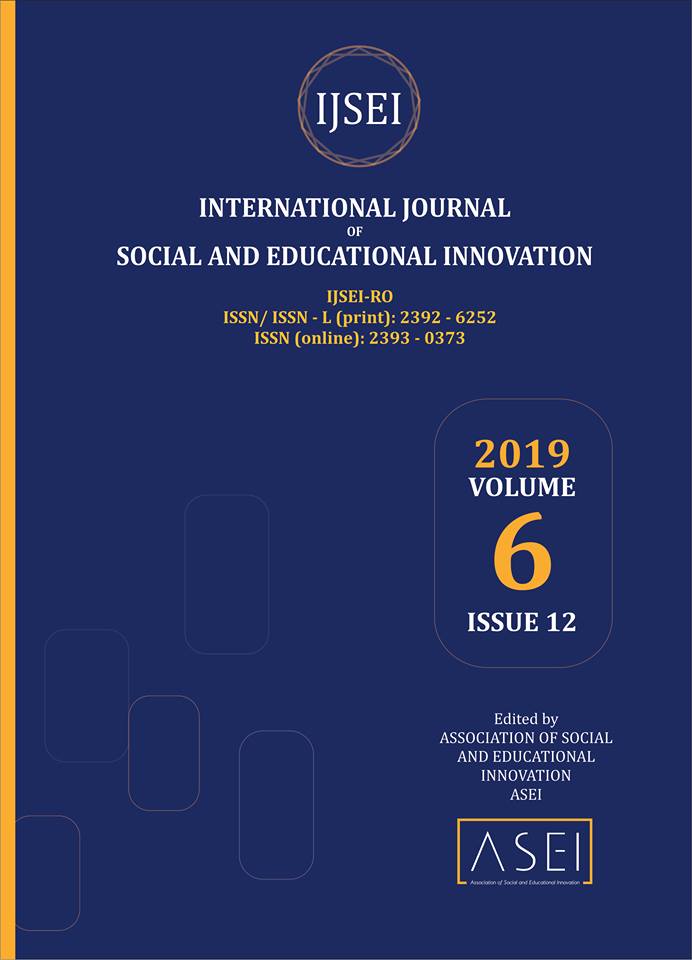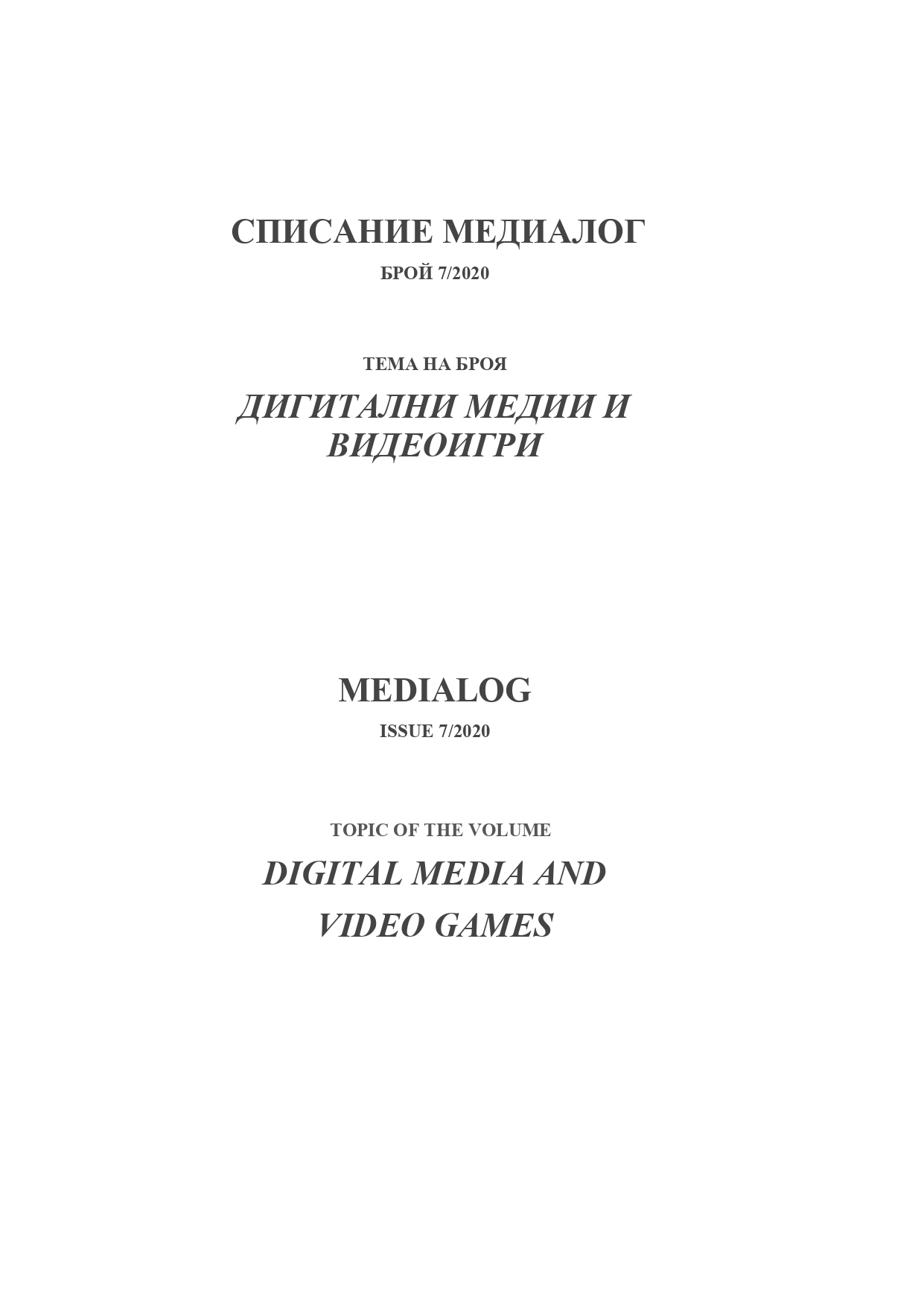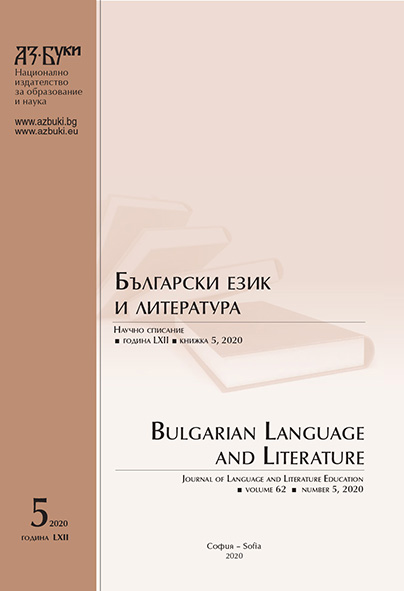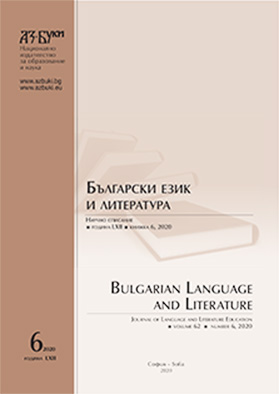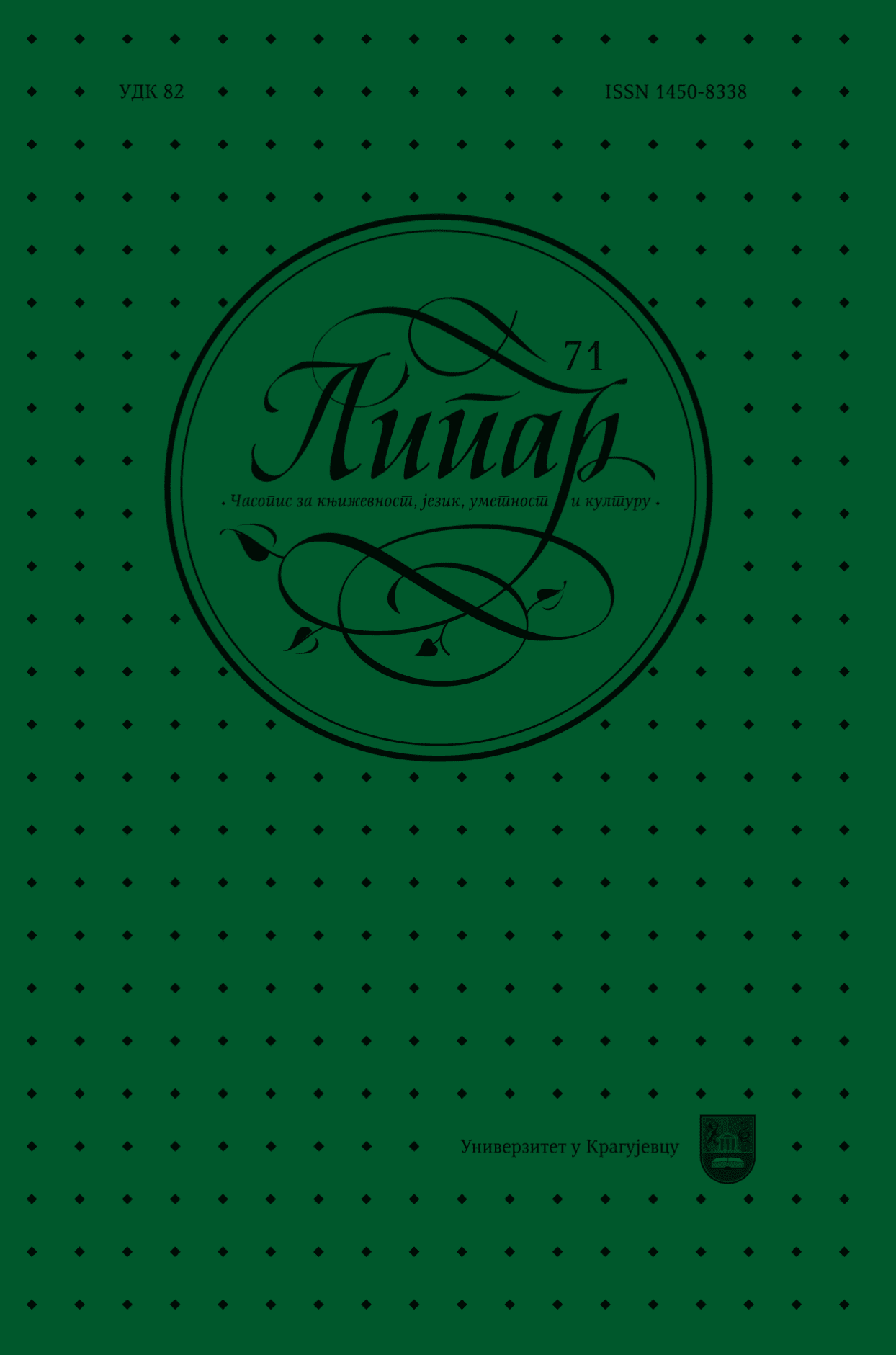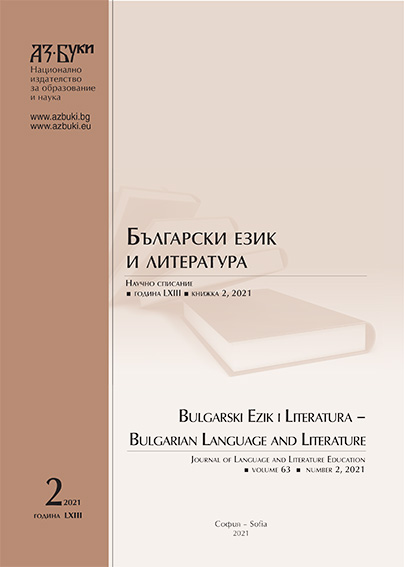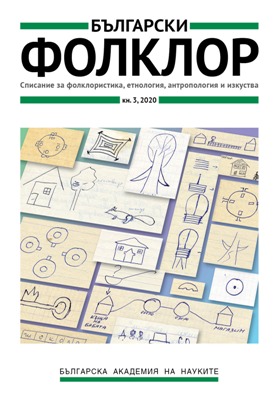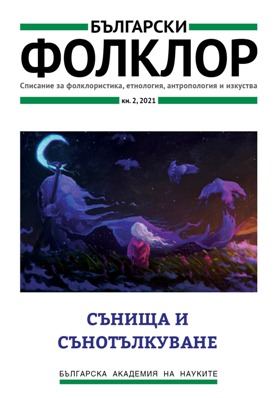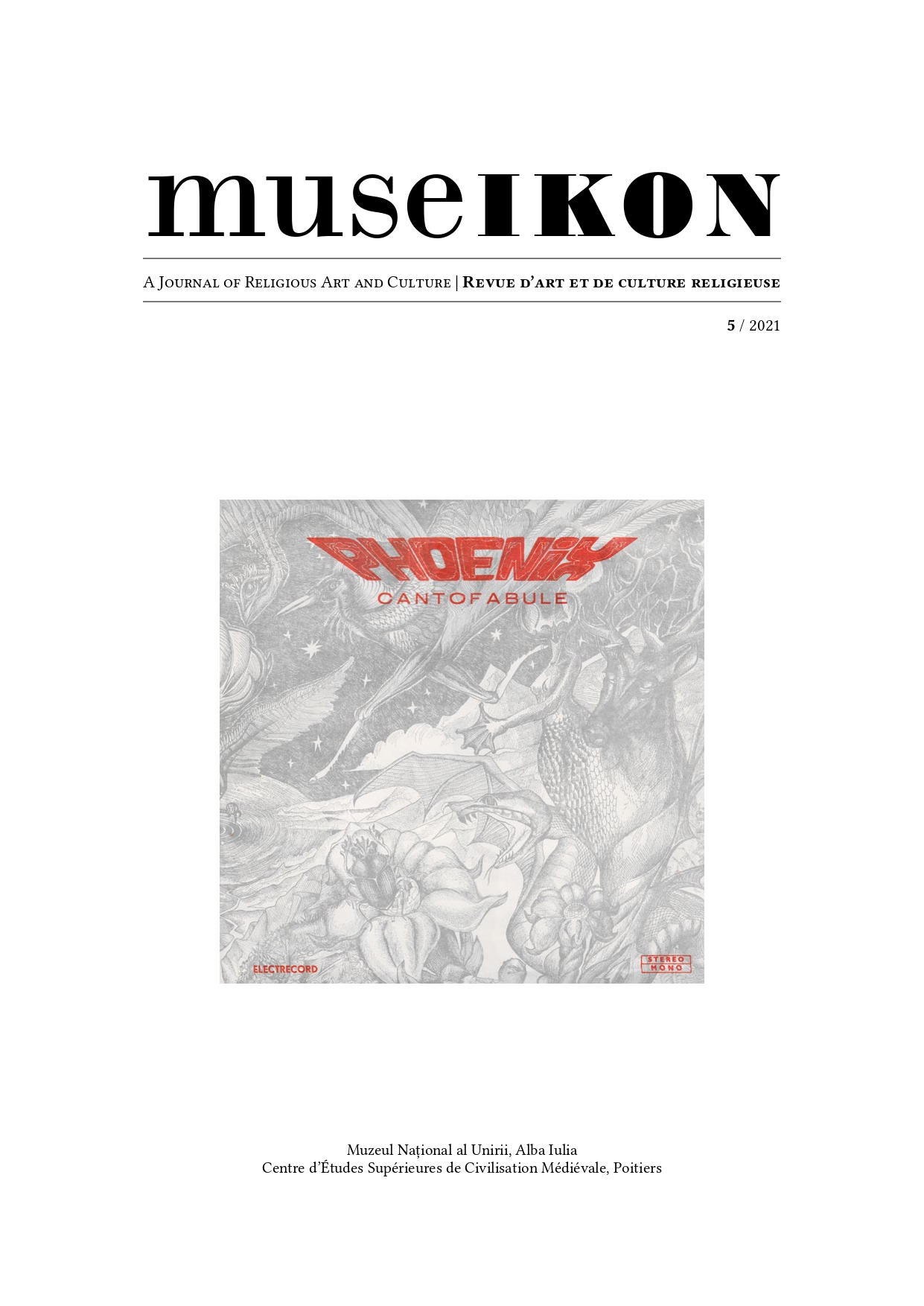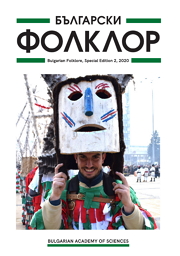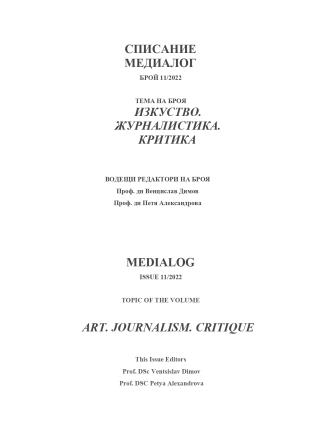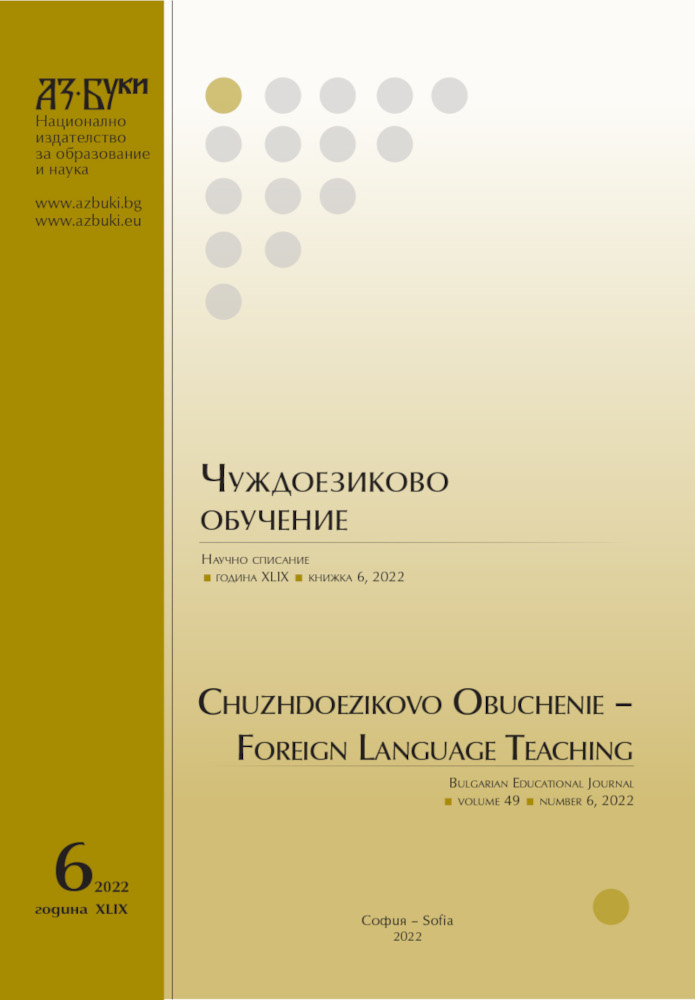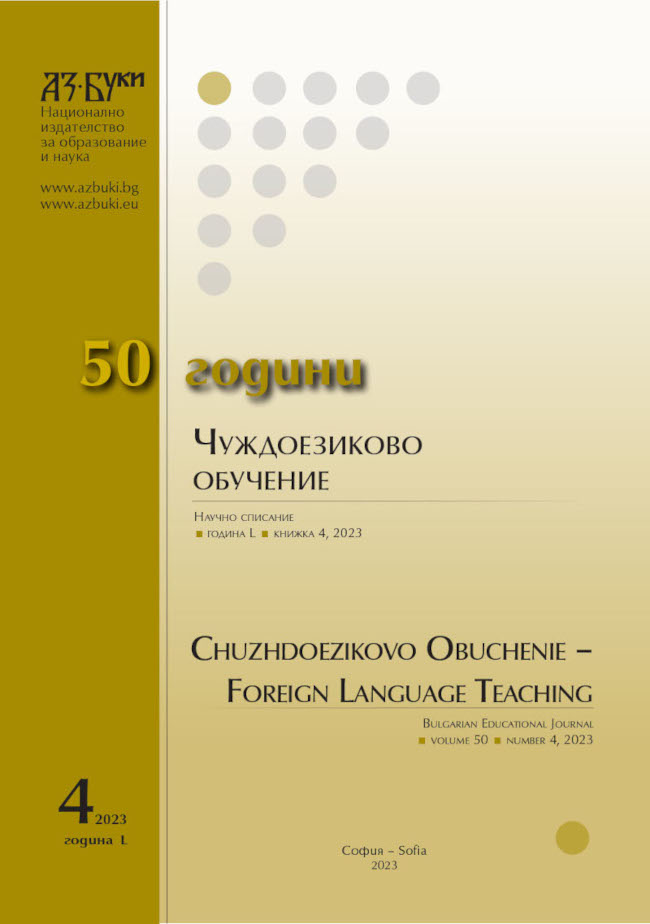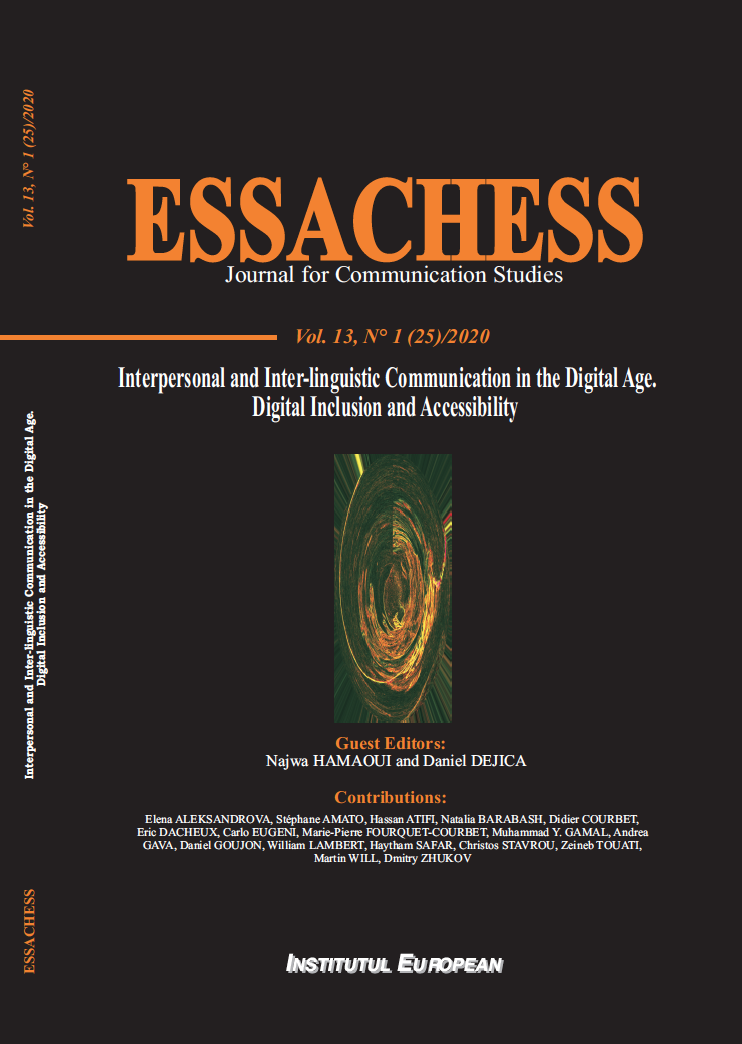
Audio Description Landscape in Russia and Greece
The article provides an overview of audio description landscape in Russia and Greece. It dwells upon the legal issues of providing audio description, comparing national legislation on media accessibility and Declaration on the Rights of Disabled Persons, and their impact on the development of media accessibility services in these countries. Special attention is focused on describers’ training both as degree training and further education courses. It also highlights insufficient financial support of accessibility services as one of the reasons for the slow development of Audio Description in Russia and Greece. The article analyzes the new opportunities for providing media accessibility, such as mobile applications and voluntary projects. It also presents an example of a service which can be viewed as a best practice to be shared and spread across other countries – an application Искусство.Вслух (Art.Vocally) with audio descriptions of theatre plays voiced by prominent actors and actresses, that was funded by one of the biggest banks of Russia. The article concludes by listing the possible solutions which might spur the development of Russian and Greek audio description
More...
